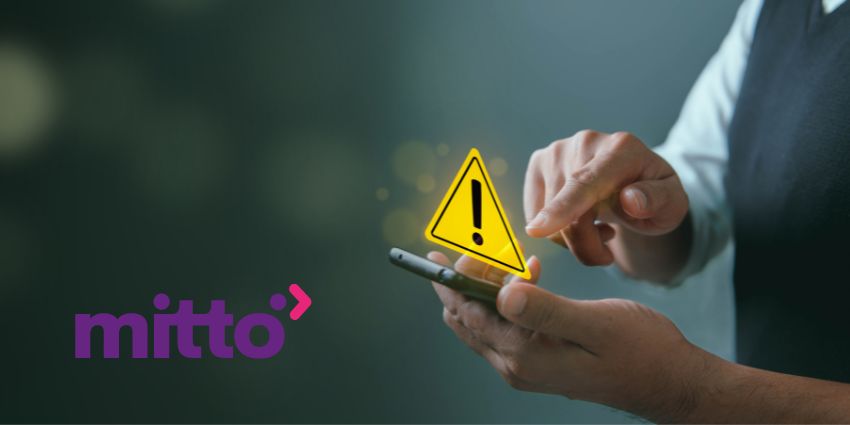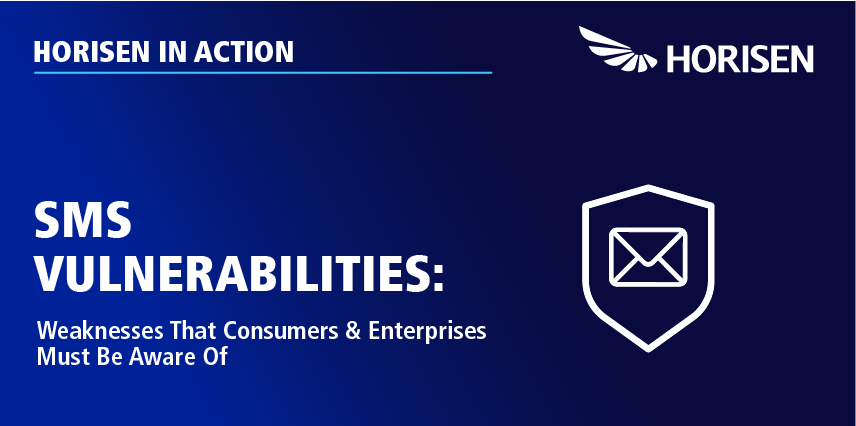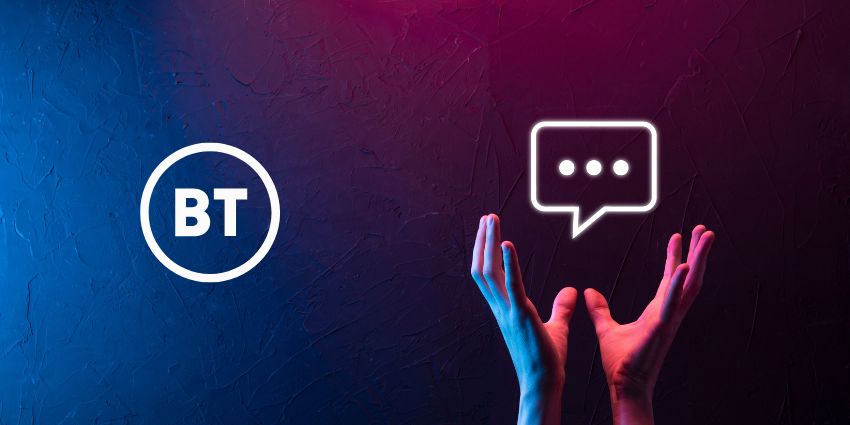From the first computer-to-computer message sent in 1969 to the bustling digital age, one form of communication has stood the test of time and transformed the way we interact: SMS.
Having once modified language into leetspeak and later textspeak, SMS messaging has gone from the palms of teens in the 90s, who were lucky enough to have a Nokia 2010, to a lucrative enterprise-level marketing tool.
Still, it continues to shape communication in the modern world.
The History of SMS Messaging
The Past
SMS began its journey in 1992 after the first text, “Merry Christmas,” was sent between two young developers. A year later, Nokia implemented a revolutionary new feature to indicate an incoming message that caught the attention of a Finnish news provider who started offering free news headlines via SMS.
By the early to mid-2000s, SMS was a mass media. Ambitious advertisers convened in London for the first mobile advertising conference hosted by the Wireless Marketing Association, and pioneering companies like HORISEN developed the very first SMS trading solution.
With technical obstacles out of the way, mobile phone sales soared, marketers cashed in on a new 24/7 captive audience, and SMS messaging quickly became the number one solution in direct marketing.
The Present
Today, 23 billion SMS messages are sent worldwide each day – that’s 270,000 every second. With its ability to be ubiquitous across mobile devices and not data-dependent, SMS messaging has become the most widely used form of communication in 2023.
Recognizing this, brands around the world are leveraging SMS messaging to increase ROI and enhance customer experience.
For instance, in 2020, US retailers Giant Eagle used SMS to allow customers to schedule COVID-19 vaccine appointments and receive updates on requirements by state. In just three weeks, Giant Eagle generated 96,000 subscribers, with a 40 percent SMS response rate.
Peace Out Skincare also saw tremendous results by integrating SMS into its marketing strategy. From August to October 2020, SMS accounted for 18-34 percent of the company’s monthly sales or $150,000 in revenue. The brand allows customers to opt-in to receive SMS offers via their homepage, with a 15 percent discount for new members.
Thanks to its accessibility, reach, and precision SMS messaging can be used to target audiences anywhere, almost instantly. According to Gartner, open and response rates for SMS are as high as 98 percent. With email, it’s as little as six percent.
Not only is SMS marketing more effective, but consumers prefer it. Statistics from G2 show that 83 percent of consumers like to receive appointment reminders via text, but only 20% of businesses do so.
In this new light, amidst chaotic email inboxes and jarring pop-up ads, SMS marketing is proving to be a profitable, non-intrusive, helpful form of advertising.
HORISEN set itself up well to excel in this new reality, turning to pure messaging technology software development and becoming a vendor-neutral company that offers an easy-to-use solution that plugs into virtually any enterprise environment.
The Future
Moving forward, more brands will seek to capitalize on SMS messaging and the close relationship between consumers and their phones. But companies shouldn’t rely on messaging mass information across each channel; personalization is key.
Experts from our CX Market Guide for CX strategy recognize that customers expect their favorite brands to use the information they collect to deliver hyper-personalized, proactive experiences. Global CX Consultant Christopher Brookes writes:
“Proactivity means investigating and orientating the organisation to better support future implications of today’s customer choices. This requires data integrity and appreciation of the lifetime value of customers.”
In customer service, SMS is likely the vessel to make this possible.
Meanwhile, the future of SMS marketing is far from over. With the rise of RCS, or ‘Rich Communication Service’ A2P, or ‘Application to Person’ methods, companies can integrate SMS messaging with their CRM system and send messages with stunning visual effects and branding.
SMS for the Win
Few companies could predict the impact SMS messaging would have in 2001 and its meteoric rise since, except HORISEN.
Stepping onto the SMS scene in 2001, HORISEN has spent more than 20 years developing a variety of feature-rich, sales-driven, and easy-to-use messaging technology solutions.
Its CEO, Fabrizio Salanitri, says, “Behind every successful business lies a powerful idea. Since 2001, we have expertly developed messaging technology solutions to enable messaging companies to start and run their businesses.”
Perhaps it is this profound foresight, ambition, and understanding of people that has won HORISEN the ‘Best SMS Platform Provider ─ Wholesale Solution’ at the CC-Global Awards for seven years running.







